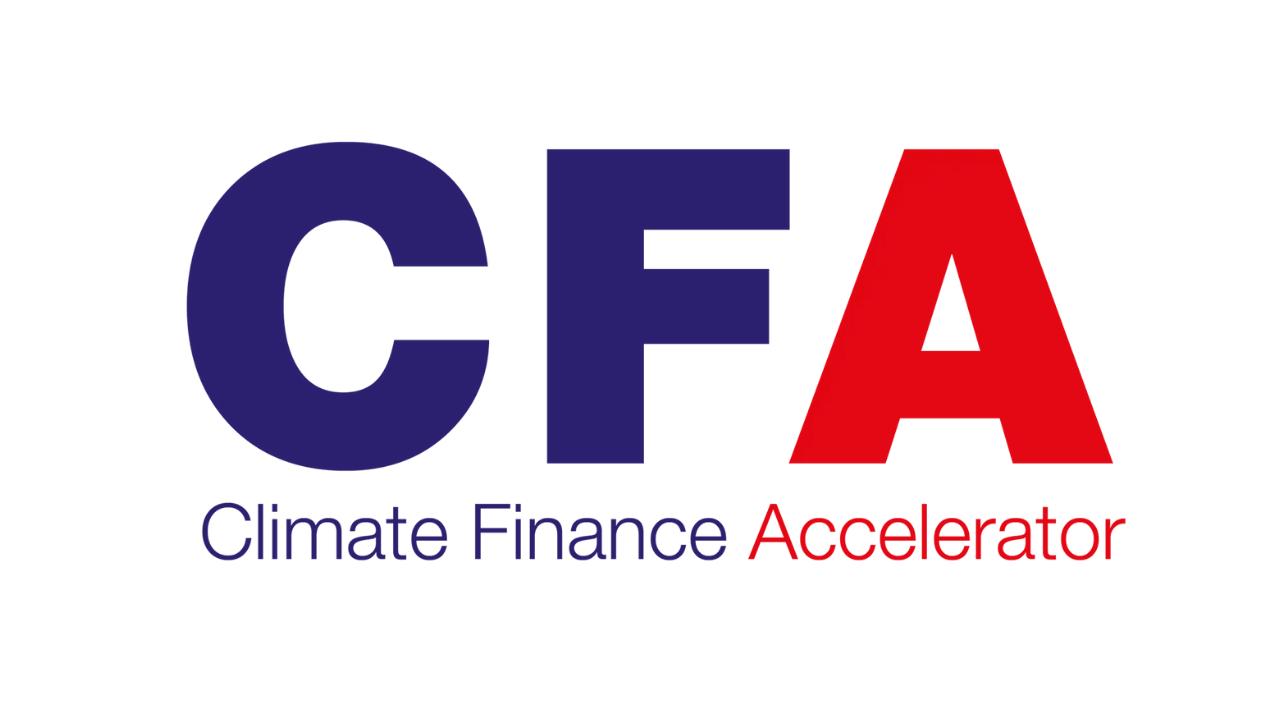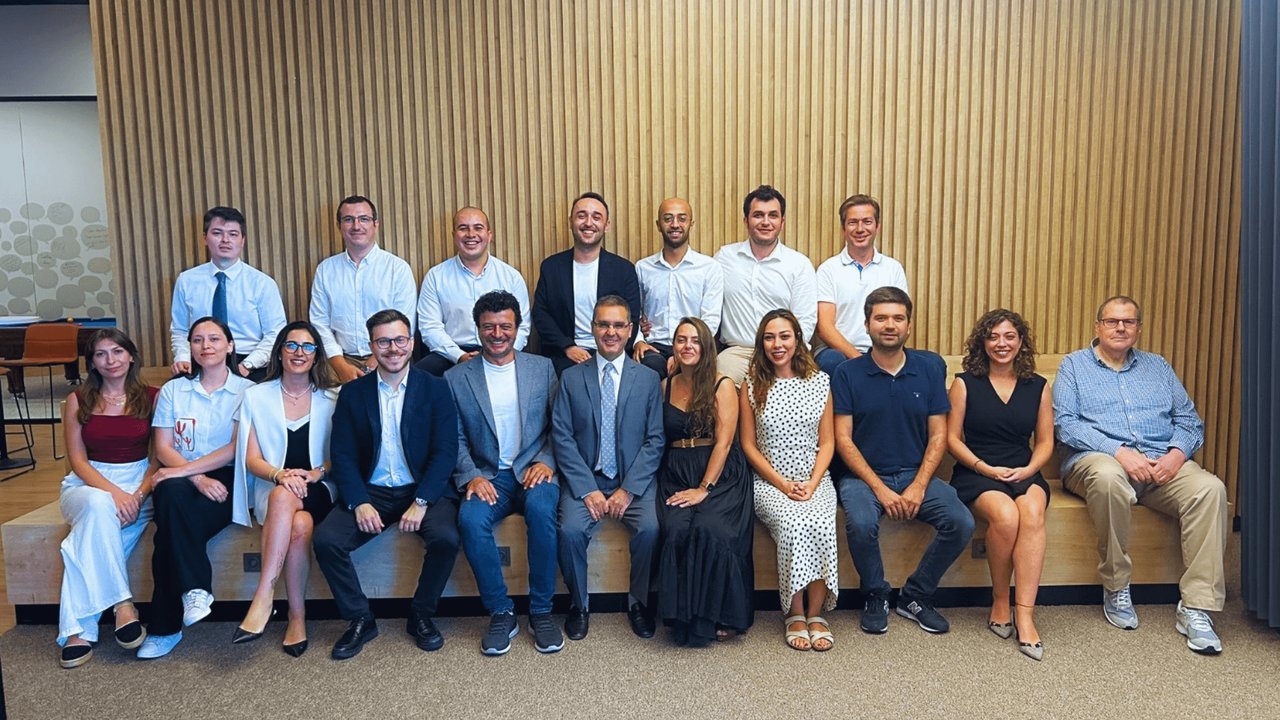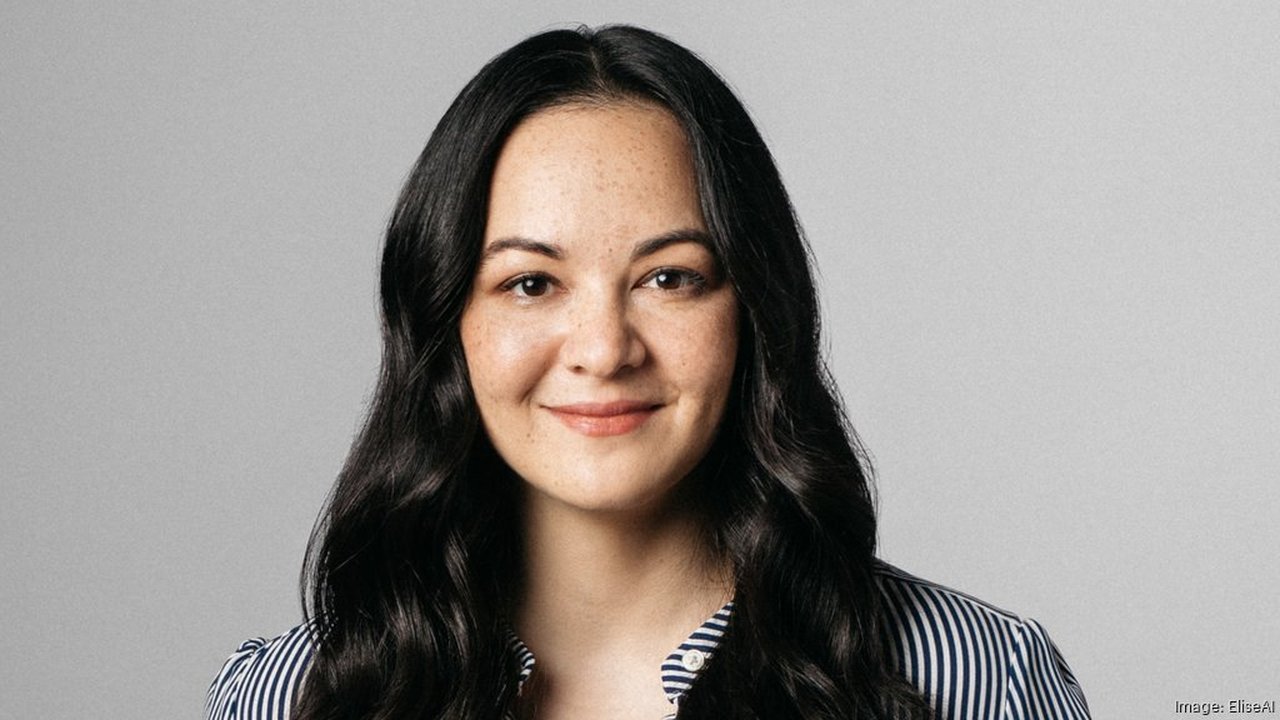The British government supports the PwC Turkey team's startup, Climate Finance Accelerator (CFA) Turkey, which aims to promote the creation of projects that address the climate problem and make it easier for them to receive funding.
Project owners seeking finance of $4 million or more are assisted by Climate Finance Accelerator Turkey in a variety of ways, including technical and financial planning and information sharing. The program's primary goal is to boost Turkey's number of sustainable startup.
94 startups applied to the program, according to the data provided to us by Climate Finance Accelerator Turkey. Eight startups were chosen for the Climate Finance Accelerator (CFA) program from a total of 94 startups. Let's also mention that the firms that qualify for the program will attend investor events in London and Istanbul.
Also Read: Finance Apps in High Demand Due to Global Economic Crisis
8 startups selected by the CFA

Algdeha:
Algdeha develops solutions for the food and feed sector based on microorganisms that are rich in omega-3 fatty acids. This company has a unique and environmentally friendly production process. These solutions, when used as feed additives, minimize fishing activities and the amount of carbon dioxide released as a result of these activities because of their high omega-3 fatty acid and high protein content.
Biotrend:
With its 18 sites, Biotrend Energy conducts integrated waste management, waste-to-energy, and alternative fuel production operations. With a project portfolio that included an integrated solid waste management facility investment with an installed capacity of roughly 10 MWe, a biomass power plant investment with an installed capacity of 30 MWe, and ongoing waste management investments, Biotrend was chosen for the CFA program. The Company seeks to lessen greenhouse gas emissions and works toward a greener future with these new investments in trash recycling and biomass power facilities.
Evreka:
Evreka Across a broad spectrum of businesses that must adapt to waste management and circular business models, Evreka provides digital end-to-end waste and materials management solutions. By recovering, reusing, and recycling materials, Evreka helps to create closed-loop systems that maximize the value of all materials, from packaging to raw materials.
Garbiyogaz:
An end product of the Garbiyogaz digestion facility is biomethane, a renewable fuel that can replace natural gas. The plant will produce 17 million m3 of biomethane annually—enough to meet the gas needs of 18,000 households—by turning agricultural and animal waste into the fuel. This will also benefit 15 million pine trees, resulting in a 150 thousand ton reduction in annual CO2 emissions.
Gio:
Gio combines the usage of electric vehicles and the production of renewable energy to create a more sustainable and habitable environment. Solar energy will be used as a source since it can produce power in a way that is the least harmful to the environment and will help with energy sustainability and greenhouse gas emission reduction.
IWROBOTX:
Thanks to image processing technology, Doris, a product of IWROBOTX, is equipped with the ability to independently collect both solid and liquid wastes on the sea surface. 80% less money is spent thanks to Doris, which is 6 times more efficient than conventional marine cleaning vehicles.
Temsa:
Temsa was chosen for the CFA program with a diverse portfolio of low-carbon startups, including battery packs for the agricultural industry and eco-friendly electric and fuel cell (hydrogen) buses and vehicles.
Werover:
Werover integrates robots, artificial intelligence, and the Internet of Things with the renewable energy industry to create predictive maintenance solutions. It also tries to produce renewable energy sustainably.





No comments yet for this news, be the first one!...